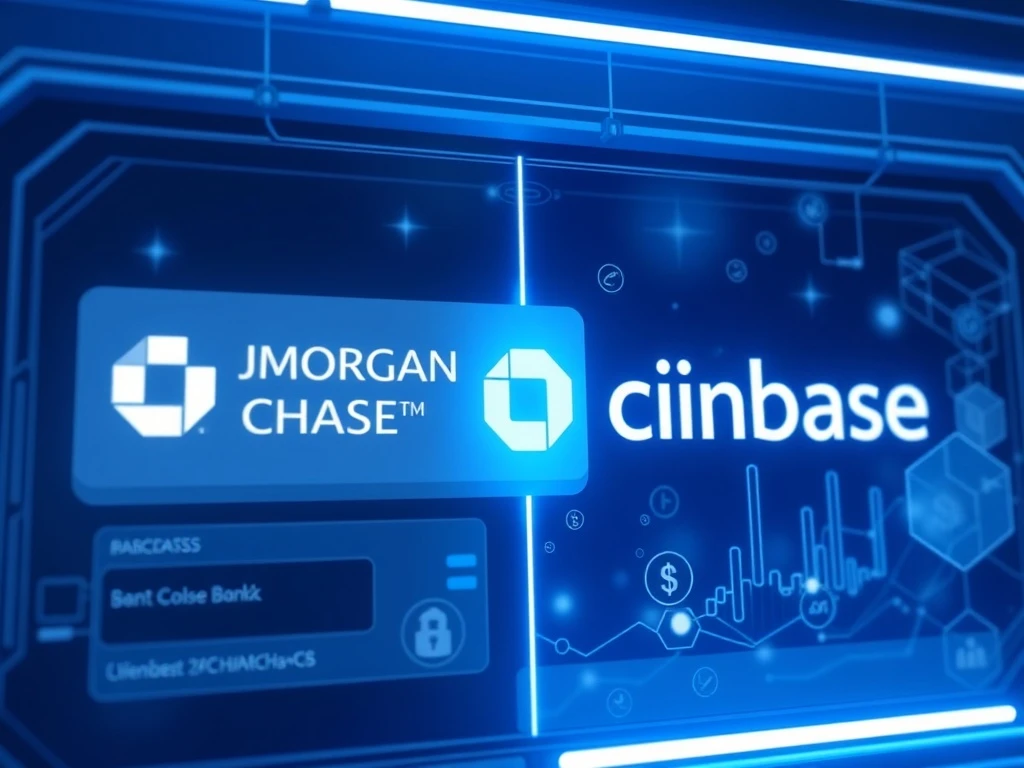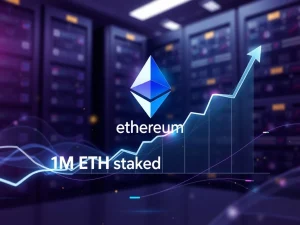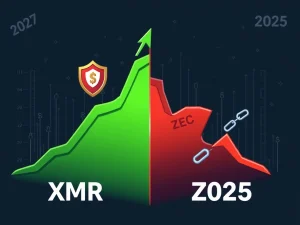JPMorgan Chase and Coinbase Revolutionize Banking with Seamless Crypto Integration

In a groundbreaking move, JPMorgan Chase and Coinbase are bridging the gap between traditional finance and digital assets. This integration allows Chase customers to access crypto services directly from their banking accounts, marking a significant shift in the financial landscape.
How JPMorgan Chase and Coinbase Are Integrating Crypto into Banking
The collaboration between JPMorgan Chase and Coinbase is set to transform how consumers interact with digital assets. Here’s what you need to know:
- Direct Wallet Linking: Chase account holders can link their bank accounts to Coinbase wallets, enabling instant transfers between fiat and crypto.
- Credit Card Support: Customers will soon use Chase credit cards to purchase crypto on Coinbase, eliminating the need for third-party apps.
- Reward Point Conversion: Chase reward points can be converted into USDC at a fixed rate of 100 points per one USDC.
The Future of Crypto in Traditional Banking
This partnership reflects a broader trend of financial institutions embracing digital assets. Analysts predict this could lead to new financial products like tokenized savings and blockchain-based lending. Regulatory clarity, such as the GENIUS Act, is expected to accelerate this trend.
Challenges and Opportunities
While the integration offers convenience, it also raises questions about security and risk management. Financial institutions must ensure robust safeguards to protect users from volatility and irreversible transactions.
FAQs
Q: When will the credit card support for crypto purchases launch?
A: Credit card support is expected to launch in fall 2025.
Q: How many Chase users will benefit from this integration?
A: Approximately 80 million Chase users will have access to these services once fully implemented.
Q: What is the conversion rate for Chase reward points to USDC?
A: The fixed rate is 100 points per one USDC.
Q: Are there any security measures in place for this integration?
A: Yes, the system includes built-in anti-money laundering and sanctions compliance mechanisms.









